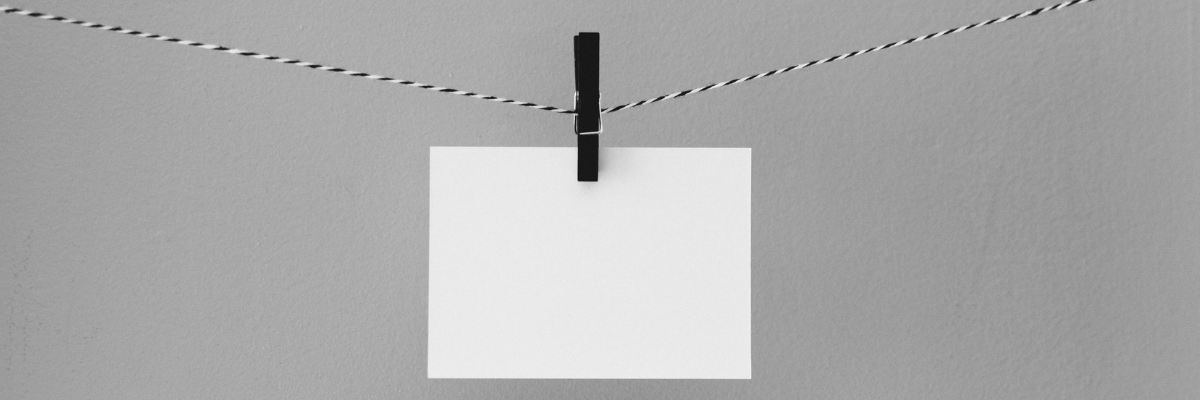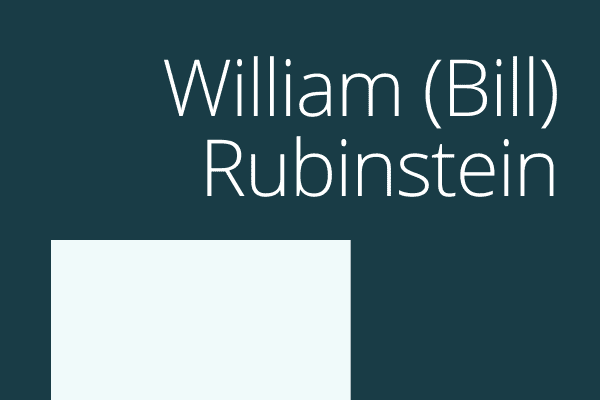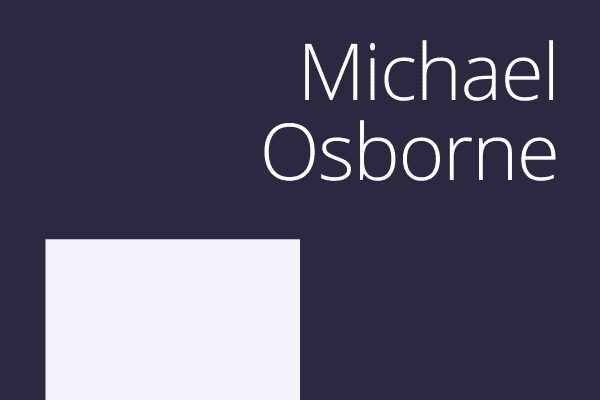
Even though it may not seem the most obvious choice for humanities research, the word ‘discovering’ has been deliberately chosen. ‘Discovering’, like no other term, conveys the excitement of new findings, new ideas and new views of the world. Humanities research is discovering things all the time. At the same time, we hope that this series will help people make their own discoveries about what the humanities can do.
The 50 pieces in this series explore the many forms that discovery in the humanities can take. Their common thread: arousing the excitement of unearthing something new.
Some, can fundamentally recalibrate our understanding of the world, providing evidence of Aboriginal presence in Australia much earlier than archaeologists and historians had formerly believed. Others appear through processes of accumulation over time, leading to new views of society like the concept of multiculturalism, new philosophical positions such as the materialist theory of mind, or the development of new disciplines such as Big History and Environmental Humanities.
Sometimes, a discovery is the presentation of familiar material in a new guise, such as an edition of a classic Australian text. Or it can open up knowledge shared by a few people to a wider public, such as recording Indigenous languages, where the language is well known to those who speak it, but that knowledge is then shared to a broader community, revealing the complexity and sophistication of what were too long thought of a ‘primitive’ languages.
Subaltern Studies or Big History can be a discovery, as can new ways of presenting the past, such as a new form of museology. Some discoveries can change the way society operates, like the sociolinguistic research into Indigenous modes of communication which has led to innovations in court procedures.
Importantly, discoveries in the humanities are for everyone. Some might seem of only academic interest but can actually have practical outcomes like the study of the origins and formation of Australian English which has led to new Australian dictionaries and style guides so we can speak and write our own form of English.
Many relate directly to Australia, but others feed into and expand international areas of study, showcasing the work of large numbers of researchers, and broader impacts beyond our own lives.
This series is not a list of the 50 most important discoveries in the humanities over the last 50 years: it would be impossible to compile such a list as we could never agree on its contents. Everyone has their own ideas of what are the most significant advances in the humanities and many of these will not be included here.
Instead, this series aims to present 50 examples of discoveries across all the areas of the humanities and thus to show something of the rich contribution the humanities have made to Australia and the wider world. No attempt has been made to have equal numbers from each area, but we have aimed to have significant discoveries from all areas now covered by the Academy of the Humanities.
The stories in the series were compiled from nominations by Fellows of the Academy and recipients of its various awards. They have been brought to life by the hard work of Walkley Award-winning journalist Kathy Marks, author and researcher Dr Saskia Beudel and the Academy’s Communications and Awards Coordinator Liz Bradtke.
The Academy hopes that these short pieces about fifty discoveries will convey some of the excitement generated by research in the humanities and give some idea of the many things the humanities can offer our society.
Graham Tulloch FAHA
Editor, Australian Academy of the Humanities, 2016—present



